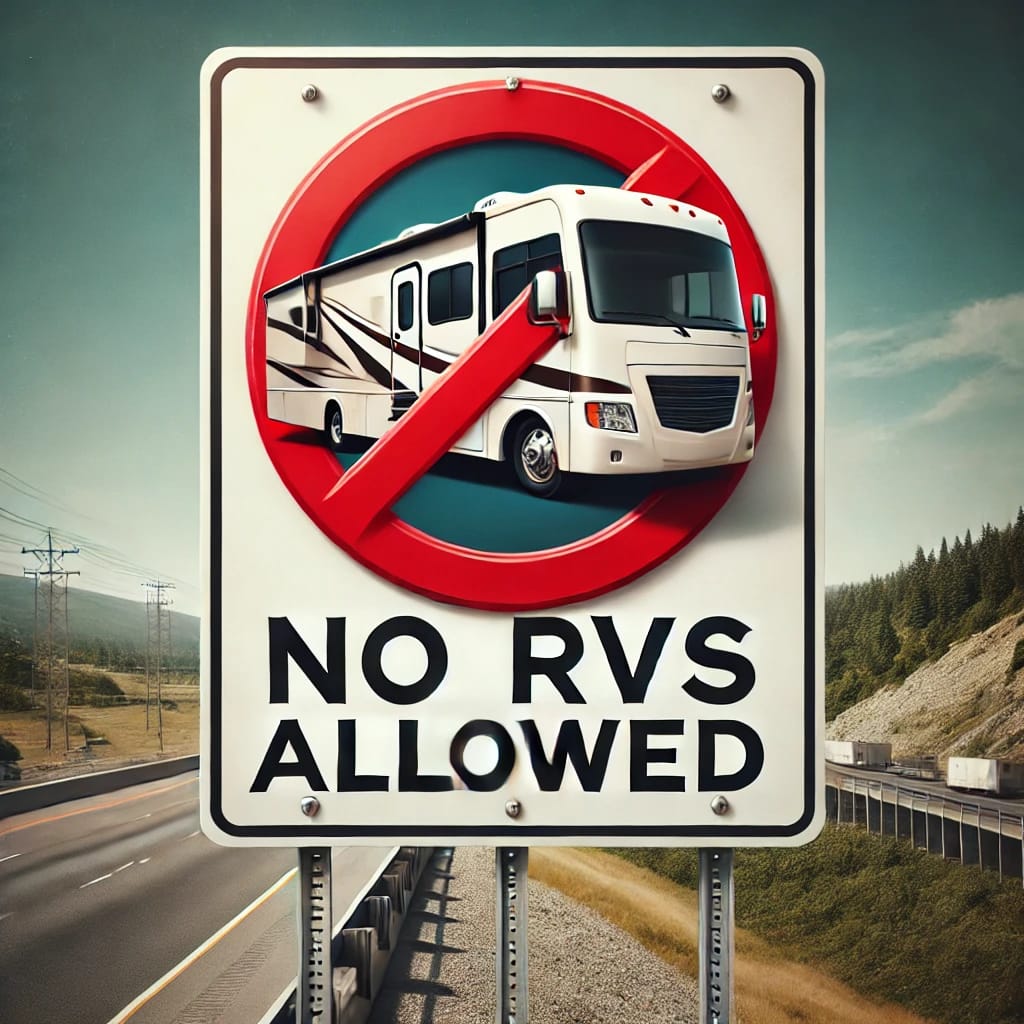Ten States to "Ban" RVs?

Recent updates to the Advanced Clean Truck (ACT) rules by the California Air Resources Board (CARB) will effectively “ban” the sale of motorhomes in California and several other states as soon as 2025, say RV industry representatives.
Earlier this month, the RV Industry Association (RVIA) shared a fact sheet detailing the new regulations, which were designed to transition the state's medium- and heavy-duty trucking sector to zero-emission vehicles (ZEVs) by 2045.
The newly adopted Advanced Clean Truck rules mandate that all vehicles exceeding 8,500 pounds must be zero-emission. The problem, according to RVIA, is that because chassis manufacturers have no ZEV chassis that are rated for motorhome applications, that industry has been informing motorhome manufacturers they will not be able to provide any internal combustion engine chassis for motorhomes for the affected markets.
Consequently, RV owners in affected states may no longer be able to purchase or register motorhomes that fail to comply with the new requirements. This shift, which will affect an estimated 41 percent of the RV market nationwide, likely will have a profound effect on the entire RV industry.
Ten states have adopted the CARB ACT rule. Five — Massachusetts, New Jersey, New York, Oregon and Washington and California — likely will make the new change effective next year, with the exact date still to be determined. The others likely will put the new rules into effect over the next few years — Vermont by 2026 and Colorado, Maryland, New Mexico and Rhode Island by 2027.
And while the majority of the attention focuses on Class A and Class C diesel motorhomes, the regulation, with a few exceptions, applies to all medium-duty or heavy-duty vehicles with combustion engines. Any non-exempted on-road vehicle over 8,500 GVWR is included is covered by the regulation, including Class B motorhomes most of which have a GVWR over that amount, according to the RVIA.
Opponents to the new regulations say challenges in consumer adoption, supply chain issues and power grid limitations have hindered efforts to mandate electric vehicles, adding that the target goals are a bit unrealistic.
Visit here and RVIA to read more about the new CARB ACT regulations and timeline.
